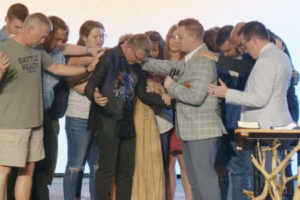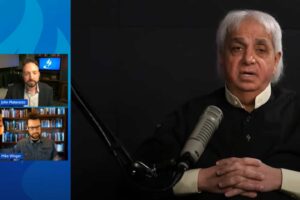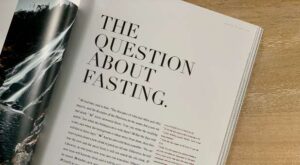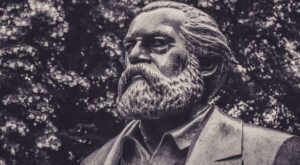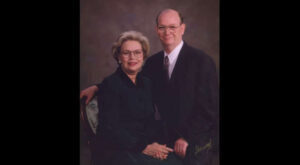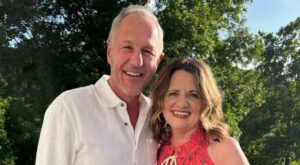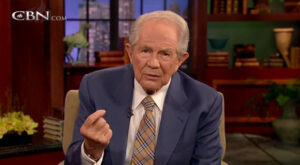 Perhaps there is no other portion of the Torah so filled with vital stories than the section in Genesis 18:1-22, 24. Called Vayera, it includes the stories of three men who visited Abraham; of God’s promising to give him and his wife, Sarah, a son; and of angels visiting Lot and urging him to leave Sodom—fast—since judgment was coming.
Perhaps there is no other portion of the Torah so filled with vital stories than the section in Genesis 18:1-22, 24. Called Vayera, it includes the stories of three men who visited Abraham; of God’s promising to give him and his wife, Sarah, a son; and of angels visiting Lot and urging him to leave Sodom—fast—since judgment was coming.
Unlike some characters we read about in Scripture, Abraham was a good man. He cared about his nephew. According to the Torah, the future patriarch of the Jews talked with God about His decision to destroy Sodom, pleading with Him to spare the city for the sake of the righteous.
When the sinful men of Sodom made sexual advances toward God’s messengers, the two angels struck them with blindness, and told Lot to gather his family and get out of Sodom and don’t look back. Judgment was inevitable.
The text says, “The Lord caused sulfur and fire to rain down upon the two wicked cities. He overthrew those cities” (19:24, 25) and their sin.
As the family fled the fiery rainstorm, Lot’s wife looked back, and it wasn’t some slight, over-the-shoulder glance. But why?
Perhaps she was bemoaning the destruction that befell her city, her friends or the unholy life she might have been living. The text is clear; instead of focusing on the future, one in which God would be central, she longed to go back and it cost her dearly.
The Hebrew translation of the word “look” is naw-baht and it means to “look intently, to regard with pleasure, favor and care.”
This theme is seen elsewhere in the Bible. When some of those who had been delivered from Egypt got bored with the manna God had provided for them or lost their vision for the Promised Land the Father had promised them, they accused Moses of leading them into the wilderness to die. They cried to God to be returned to the place of their enslavement. They too were looking back.
When Messiah was gathering His disciples, one man said to Him, “Sir, first let me go and bury my father,” to which Yeshua replied, “Follow me, and let the dead bury their own dead” (Matthew 8:21-22). He wasn’t telling this man to just let his father rot. No, his father was still alive, but was spiritually “dead.” Yet, it seems this follower didn’t want to drop everything, as did some of the others and follow the Lord. He wanted to go back.
The important lesson is obvious. We’re all called to go forward. It’s not that looking back isn’t instructive or God would not remind Israel from time-to-time of her past sins. Anyone who has been through some sort of psychotherapy knows that to deny events of the past may lead to repeating the same negative behavior in the future.
See an error in this article?
To contact us or to submit an article









